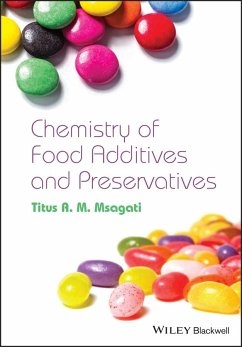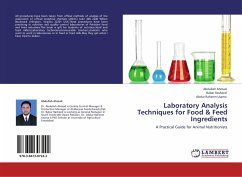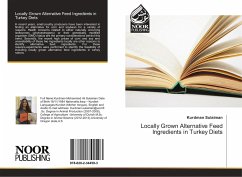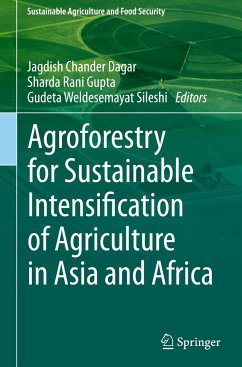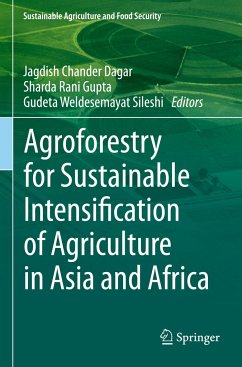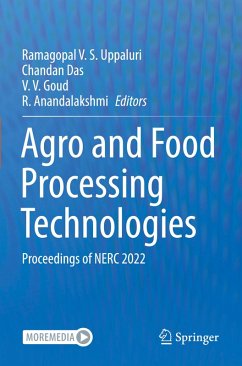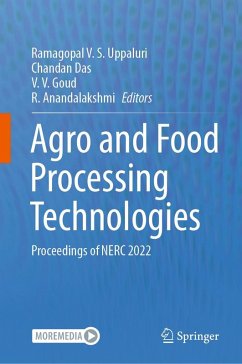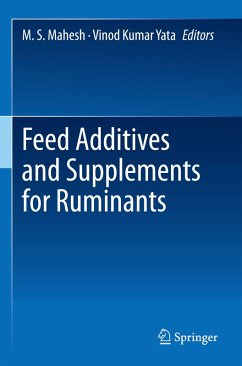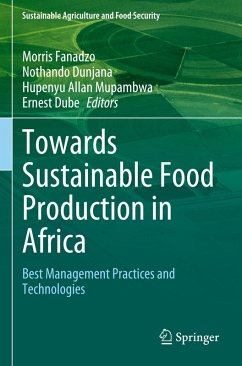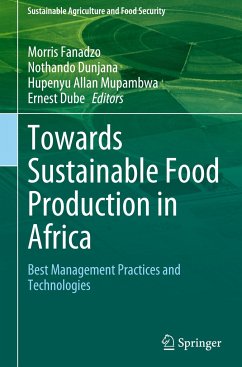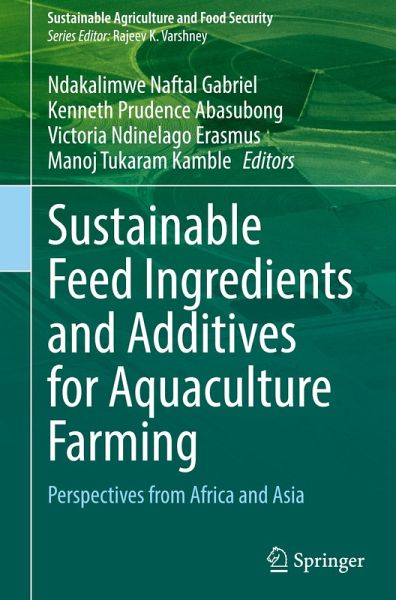
Sustainable Feed Ingredients and Additives for Aquaculture Farming
Perspectives from Africa and Asia
Herausgegeben: Gabriel, Ndakalimwe Naftal; Abasubong, Kenneth Prudence; Erasmus, Victoria Ndinelago; Kamble, Manoj Tukaram

PAYBACK Punkte
76 °P sammeln!
This book describes sustainable aquaculture ingredients and additives uncovered in Africa and Asia. It also discusses current aquaculture research practices on alternative protein, carbohydrate, lipid, mineral, vitamin, and feed additives. It further demonstrates how aquaculture practices could be a feasible and cost-effective venture, capable of producing products in an environmentally sustainable manner. The aquaculture industry is suffering from scarcity of sustainable feedstuffs, particularly protein and oil components, which play an important role in the nutritional requirements of many a...
This book describes sustainable aquaculture ingredients and additives uncovered in Africa and Asia. It also discusses current aquaculture research practices on alternative protein, carbohydrate, lipid, mineral, vitamin, and feed additives. It further demonstrates how aquaculture practices could be a feasible and cost-effective venture, capable of producing products in an environmentally sustainable manner. The aquaculture industry is suffering from scarcity of sustainable feedstuffs, particularly protein and oil components, which play an important role in the nutritional requirements of many aquaculture species. The availability of components such as fish meal, fish oil, and other synthetic feed additives has rendered aquaculture operations unsustainable, particularly in terms of cost. Therefore, the quest to replace such unsustainable components is developing in Africa and Asia.
This book helps aquaculture farmers, researchers, the aquafeed industry, investors, students, lawmakers, and other stakeholders in the aquaculture field to comprehend scientific-based sustainable feed ingredients and additives in aquaculture from an African and Asian viewpoint.
This book helps aquaculture farmers, researchers, the aquafeed industry, investors, students, lawmakers, and other stakeholders in the aquaculture field to comprehend scientific-based sustainable feed ingredients and additives in aquaculture from an African and Asian viewpoint.





